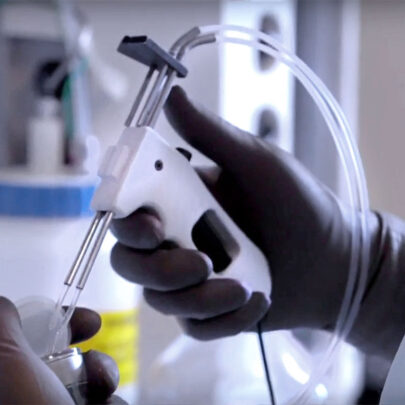CAR T-Cell Therapy Causes Heavy Financial Losses for Hospitals
January 9, 2020
A new Penn paper on the financial impact of CAR T-cell therapy is the subject of an article in Medscape says despite their near-miraculous curative effect, the costs of the new cancer treatments “are not sustainable under the current Medicare payment policy.”
Authored by Christopher Manz, MD, David Porter, MD, and Justin Bekelman, MD, all faculty members at the Penn Center for Cancer Care Innovation (PC3I), the original paper was published in the Journal of Clinical Oncology. It says hospitals may be losing up to $300,000 for each CAR-T treatment they provide.
The price of CAR-T drugs—ranging from $373,000 to $475,000—does not include the cost of hospital stays and other related expenses.
In their paper, Manz, Porter, and Bekelman write that “the increasing prevalence of high-priced new cancer therapies, including CAR-T, will ultimately require tough decisions about who can afford to access new technologies. For patients to realize the potential of these treatments, both inpatient and outpatient administration of CAR-T must be financially viable for payers and for hospitals. Changes to new technology payment policy are necessary to ensure that patients benefit from current and future innovative cell and gene therapy.”


